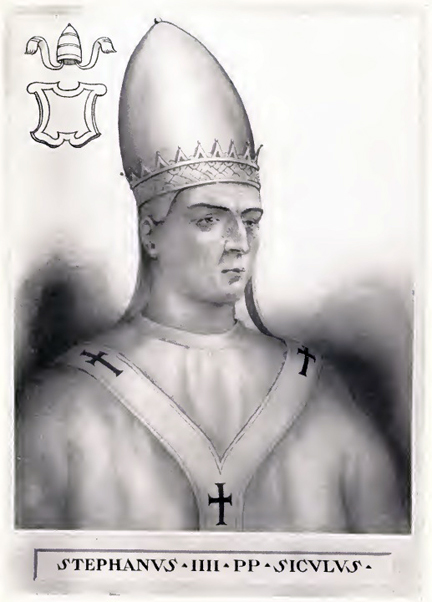| Years |
|---|
| Millennium |
| 1st millennium |
| Centuries |
| Decades |
| Years |
| 816 by topic |
|---|
| Leaders |
| Categories |
| Gregorian calendar | 816 DCCCXVI |
| Ab urbe condita | 1569 |
| Armenian calendar | 265 ԹՎ ՄԿԵ |
| Assyrian calendar | 5566 |
| Balinese saka calendar | 737–738 |
| Bengali calendar | 222–223 |
| Berber calendar | 1766 |
| Buddhist calendar | 1360 |
| Burmese calendar | 178 |
| Byzantine calendar | 6324–6325 |
| Chinese calendar | 乙未年 (Wood Goat) 3513 or 3306 — to — 丙申年 (Fire Monkey) 3514 or 3307 |
| Coptic calendar | 532–533 |
| Discordian calendar | 1982 |
| Ethiopian calendar | 808–809 |
| Hebrew calendar | 4576–4577 |
| Hindu calendars | |
| - Vikram Samvat | 872–873 |
| - Shaka Samvat | 737–738 |
| - Kali Yuga | 3916–3917 |
| Holocene calendar | 10816 |
| Iranian calendar | 194–195 |
| Islamic calendar | 200–201 |
| Japanese calendar | Kōnin 7 (弘仁7年) |
| Javanese calendar | 712–713 |
| Julian calendar | 816 DCCCXVI |
| Korean calendar | 3149 |
| Minguo calendar | 1096 before ROC 民前1096年 |
| Nanakshahi calendar | −652 |
| Seleucid era | 1127/1128 AG |
| Thai solar calendar | 1358–1359 |
| Tibetan calendar | ཤིང་མོ་ལུག་ལོ་ (female Wood-Sheep) 942 or 561 or −211 — to — མེ་ཕོ་སྤྲེ་ལོ་ (male Fire-Monkey) 943 or 562 or −210 |

Year 816 ( DCCCXVI ) was a leap year starting on Tuesday of the Julian calendar, the 816th year of the Common Era (CE) and Anno Domini (AD) designations, the 816th year of the 1st millennium, the 16th year of the 9th century, and the 7th year of the 810s decade.